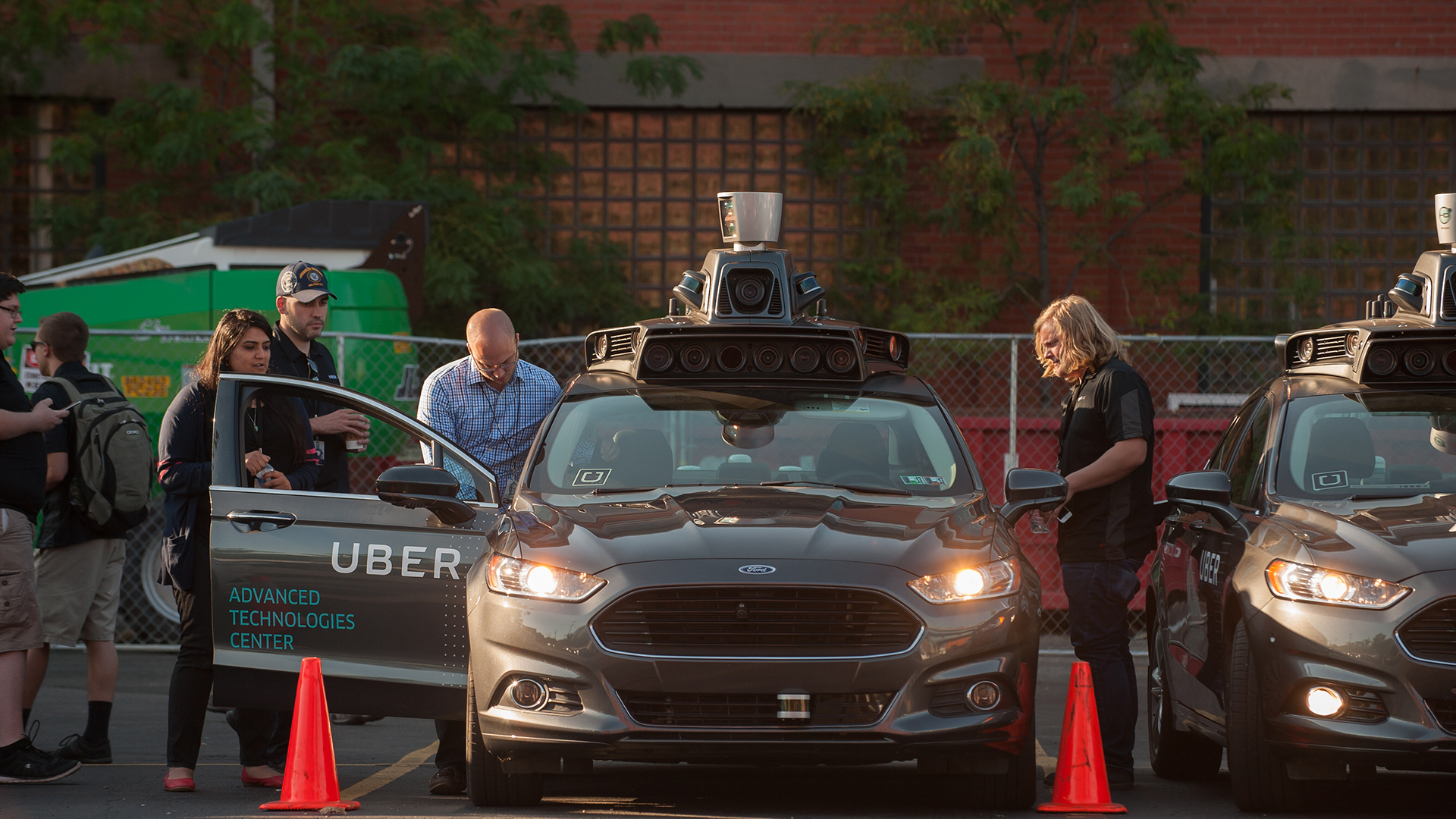

Last Sunday, Uber made news far and wide after one of its self-driving cars struck and killed a pedestrian crossing the road. This week, the governor of Arizona announced that he was effectively suspending Uber’s testing of autonomous cars in the state, reports ABC.
Elaine Herzberg’s untimely death has provoked government officials to review their stance on autonomous cars and the laws surrounding them, almost as if the regulations which have been in the works in recent months is now the important topic that had been ignored for years. As such, Arizona Governor Doug Ducey released a letter to Uber which he later released to the public. Ducey effectively suspended the transportation company’s “ability to test and operate autonomous vehicles on Arizona’s public roadways.”
“I found the video [of the incident] to be disturbing and alarming, and it raises many questions about the ability of Uber to continue testing in Arizona,” Ducey’s letter read. “Improving public safety has always been the emphasis of Arizona’s approach to autonomous vehicle testing, and my expectation is that public safety is also the top priority for all who operate this technology in the state of Arizona.”
Uber had already suspended its autonomy program in Arizona immediately following the accident in a move that the company described as proactive. It promises to aide the investigation in any way that the company can, as well as keep an open line of communication with the Governor’s office.
Though its stance it to always have a driver behind the wheel of its cars, Uber (like all self-driving car programs) has always had a risk of an accident, no matter how marginal. Autonomous cars can be bullied into performing certain ways in traffic and congested conditions, but lawmakers seemingly did not put in place proper regulations prior to an individual losing her life. Other key players in the self-driving sector voiced concerns over the accident, stating that one of the most important pillars of autonomy is experience and that now is the time to have the difficult conversations about self-driving vehicle safety.
Other companies feel confident enough to continue their testing, including Waymo’s self-driving ride-hailing initiative, which is also based in Arizona. At this time, Ducey has not suspended Waymo or other programs which are permitted to operate on Arizona public roads.